Lists


2 Books
Want to Read
Sort by:
Recent Desc
More lists by Wilhelmina
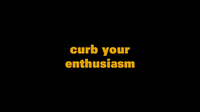
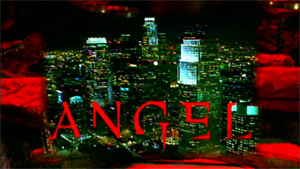

Want to Watch (TV Shows)
List includes: Curb Your Enthusiasm, Angel, Breaking Bad
July 2022
0
@Wilhelmina
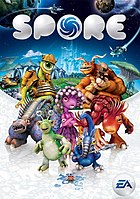
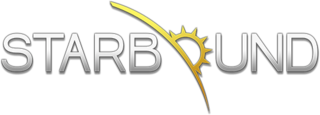

Want to Play
List includes: Spore, Starbound, Kerbal Space Program
August 2021
0
@Wilhelmina
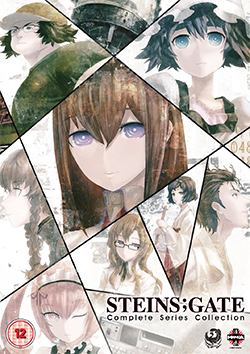
Want to Watch (Anime)
List includes: Steins;Gate
July 2020
0
@Wilhelmina

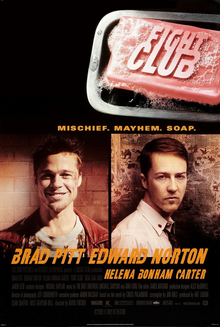
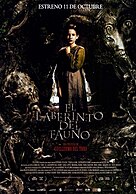
Want to Watch (Movies)
List includes: 12 Monkeys, Fight Club, Pan's Labyrinth
July 2020
0
@Wilhelmina
Want to Listen (Podcasts)
List includes:
July 2020
0
@Wilhelmina